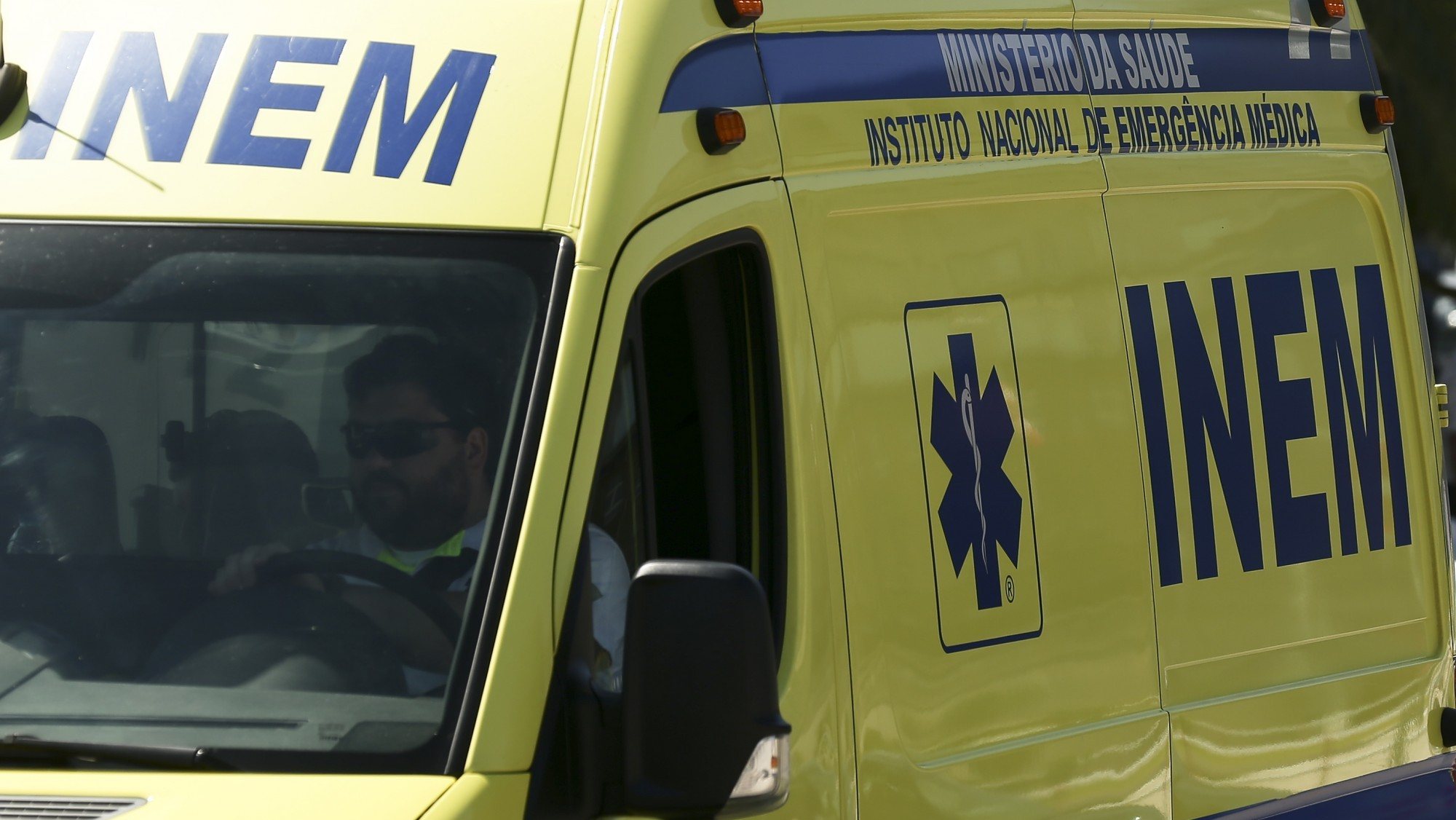The coordinator of the National Program for Cerebro-Cardiovascular Diseases warned on Wednesday that the majority of patients with an acute situation of heart disease travel to the hospital by their own means, which “should never happen.”
“There is a universe of 60% [de doentes] that they still do not call the INEM, which is the great, great weapon for patients to be treated properly, since it sends them to the most appropriate hospitals, through the Coronary Greenway”, Luís Filipe Macedo told the Lusa agency, the eve. on the occasion of World Heart Day.
Despite the successive warnings about the importance of calling 112 in case of symptoms of acute myocardial infarction or stroke, the coordinator of the plan of the General Directorate of Health assured that, “unfortunately, people are not as enlightened as they should be” . .
“We still receive many patients in hospitals. [com situações agudas] who come by their own means, which should never happen”, lamented the doctor, who appealed to the population to “call 112 immediately” when there are “alarm signs” such as chest pain, sweating, heaviness in the upper limbs and nausea.
“If a person stays at home, stays for the next day, does not call an INEM ambulance, they can have consequences, and can even die”Luís Filipe Macedo warned, clarifying that the first 90 minutes are essential to treat a heart attack.
Delaying treatment for coronary heart disease leads to a “very serious” condition, heart failure, he said.
“It is another pandemic that is happening” and hence the importance of properly treating the disease to have less heart failure, stressed the director of the Cardiology Service of the São João University Hospital Center, in Porto.
Cardiovascular diseases remain the leading cause of death worldwide. In Portugal, they are responsible for about 33 thousand deaths per year, a third of all deaths.. Myocardial infarction alone kills, on average, 12 people a day.
“In Portugal, unfortunately, despite the great progress that has been made in this area, heart and cerebrovascular diseases continue to be the leading cause of death,” he said, stressing the importance of World Heart Day to make “a call care and reflection on changes and modifications in people’s lifestyles”.
Luís Filipe Macedo said that “small gestures” are usually enough to avoid the disease. For example, take advantage of city parks and gardens for walks, get to know cities better on foot, take care of food.
Cardiovascular risk factors such as tobacco, cholesterol, high blood pressure, diabetes, which, he said, “is a clear pandemic today, because people eat more than they should and do little exercise, so they become obese and she ends up being diabetic.”
Asked about at what age to screen for cardiovascular diseases, Luís Filipe Macedo said that, starting at 45 or 50 years of age, a person should know their lipid profile (cholesterol, diabetes, hypertension).
Source: Observadora
